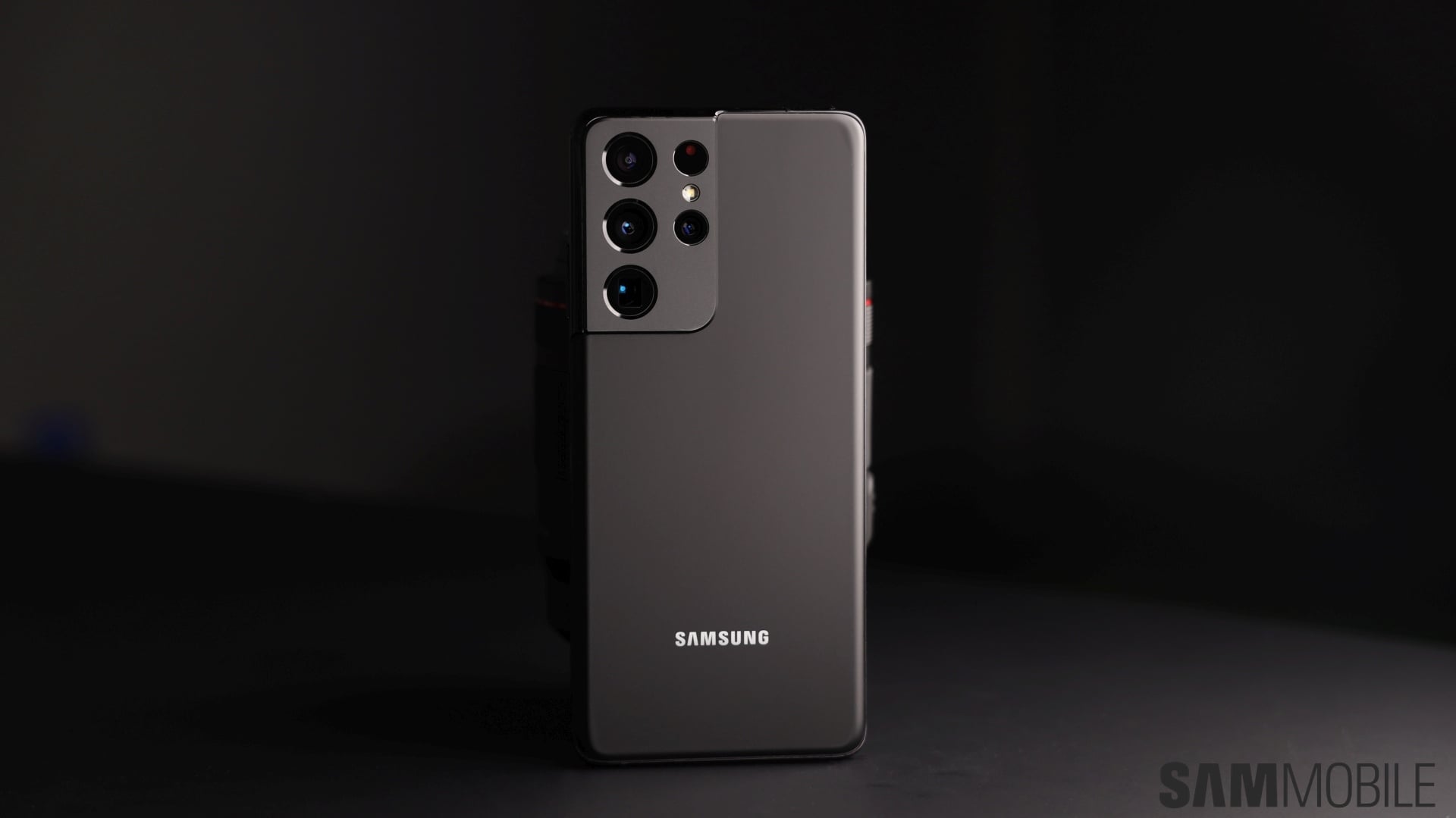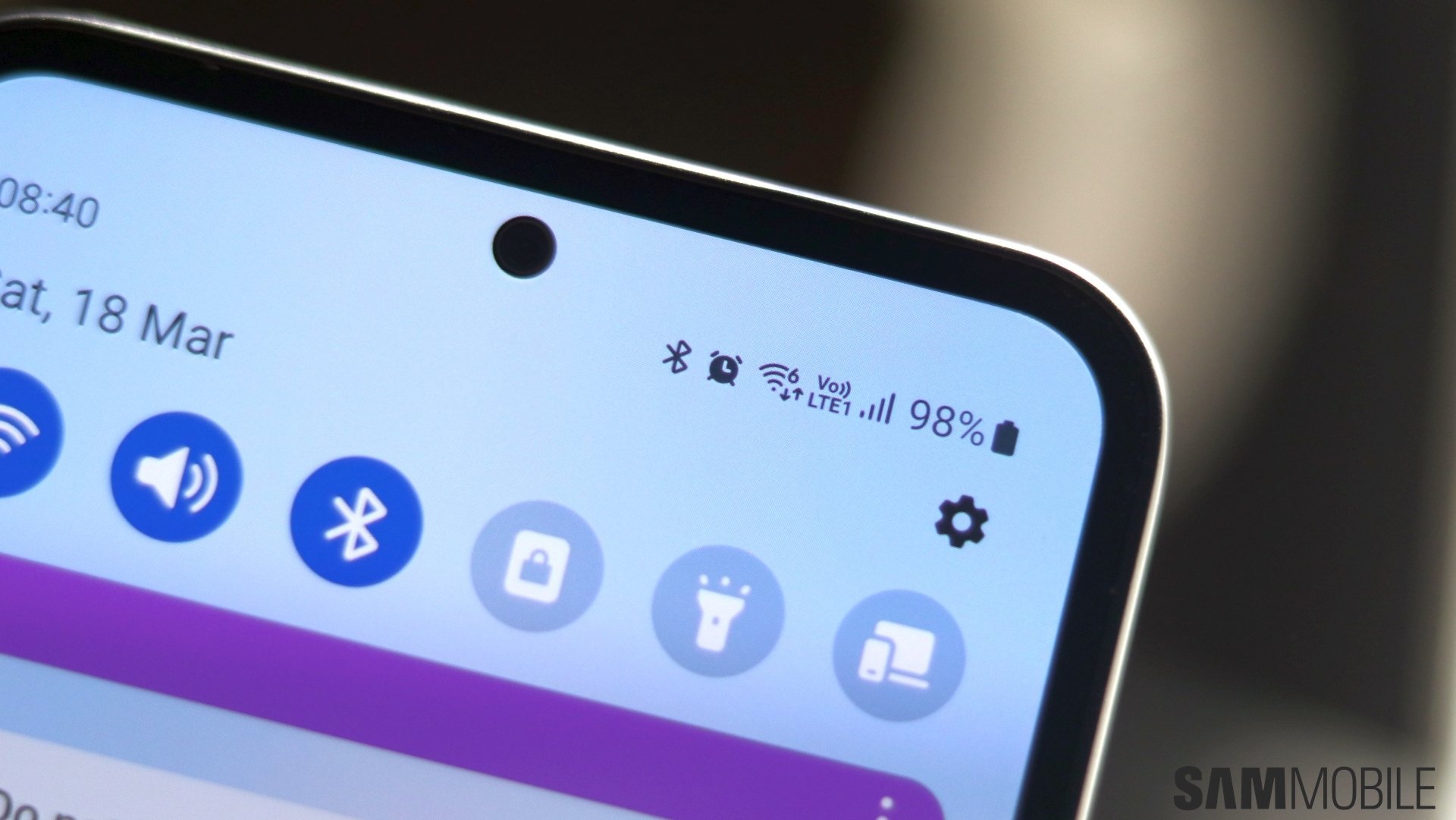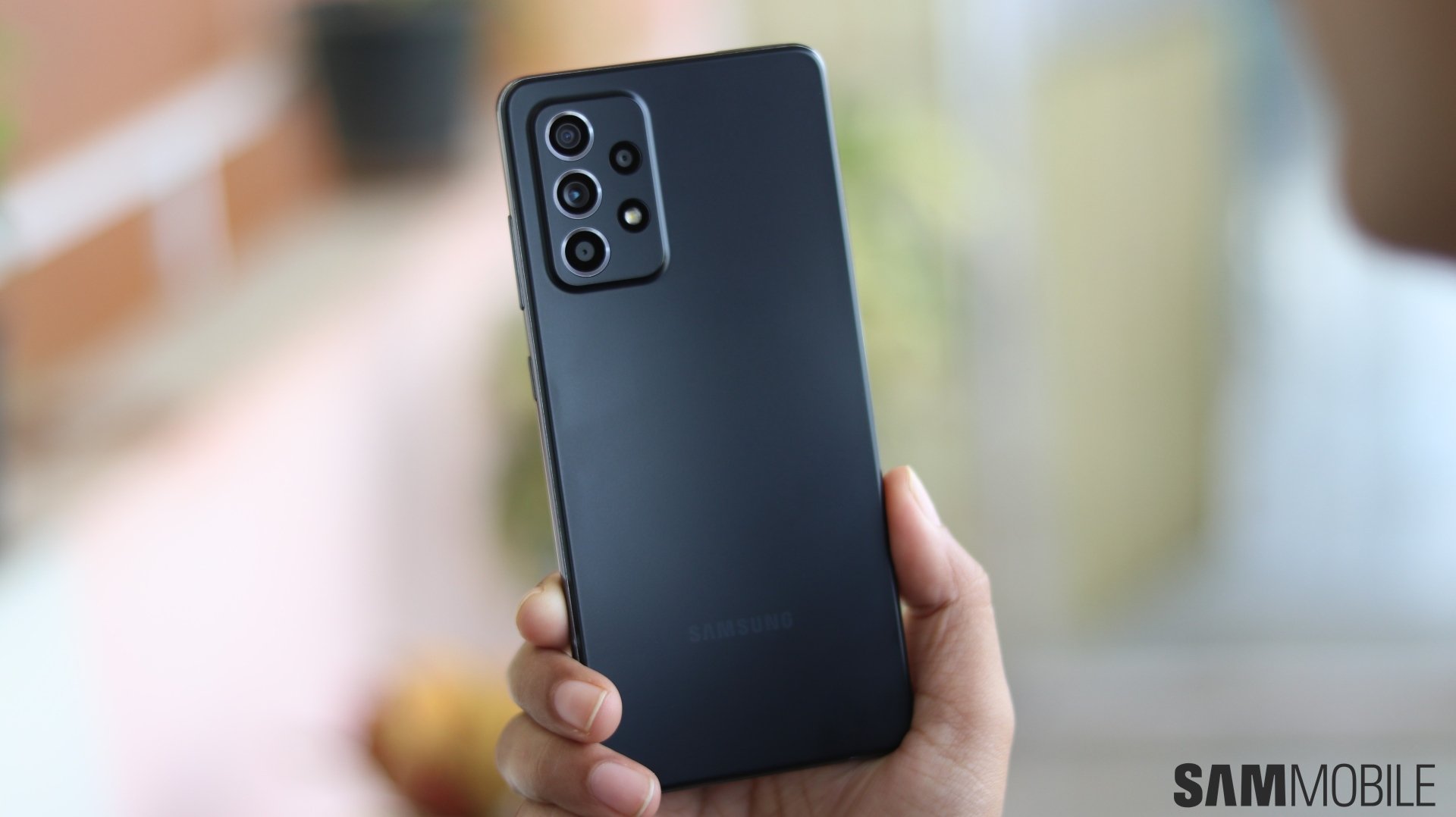
The Galaxy S21 Ultra was among the first smartphones in the world to feature even faster wireless connectivity with Wi-Fi 6E (6GHz), and Samsung will no doubt continue to launch new devices that support either Wi-Fi 6 or Wi-Fi 6E in the future.
To help you find out which Galaxy device supports the latest Wi-Fi versions, we've created the handy lists below so you can make an informed decision when you're out to buy a new phone or tablet. Do note that you will also need to buy a Wi-Fi 6/6E compatible router.
Galaxy smartphones and tablets with Wi-Fi 6 support
- Galaxy A52s 5G
- Galaxy A73 5G
- Galaxy M52 5G
- Galaxy Fold
- Galaxy Fold 5G
- Galaxy Note 10
- Galaxy Note 10+
- Galaxy Note 20
- Galaxy Note 20 Ultra
- Galaxy S10e
- Galaxy S10
- Galaxy S10+
- Galaxy S10 5G
- Galaxy S20
- Galaxy S20 5G UW
- Galaxy S20+
- Galaxy S20 Ultra
- Galaxy S20 FE (Exynos & Snapdragon 865 versions)
- Galaxy S20 FE 5G
- Galaxy S21
- Galaxy S21+
- Galaxy S21 FE
- Galaxy S22
- Galaxy Tab Active 3
- Galaxy Tab S7
- Galaxy Tab S7+
- Galaxy Xcover FieldPro
- Galaxy Z Flip 5G
- Galaxy Z Flip 3
- Galaxy Z Fold 2
- Galaxy Z Fold 3
- Galaxy A54 5G
Galaxy smartphones and tablets with Wi-Fi 6E support
- Galaxy S21 Ultra
- Galaxy S22+
- Galaxy S22 Ultra
- Galaxy Tab S8
- Galaxy Tab S8+
- Galaxy Tab S8 Ultra
Wi-Fi 5 vs Wi-Fi 6/6E
Compared to Wi-Fi ac (also known as Wi-Fi 5), Wi-Fi 6 offer faster uploads and download speeds (up to 9.6Gbps). This results in faster downloads, improved video streaming (especially 4K), better web browsing, and a more reliable and responsive gaming experience. Unlike Wi-Fi 5, which works only on the 5GHz band, Wi-Fi 6 works on 2.4GHz as well, resulting in faster speeds far away from the Wi-Fi access point.
Wi-Fi 6 also increases the capacity of routers and allows them to service more devices without slowing down. Wi-Fi 6E, meanwhile, brings even faster speeds, lower latency, and less interference than Wi-Fi 6 as it works on a new 6GHz band instead of the congested 2.4GHz and 5GHz bands as previous versions of Wi-Fi.

















